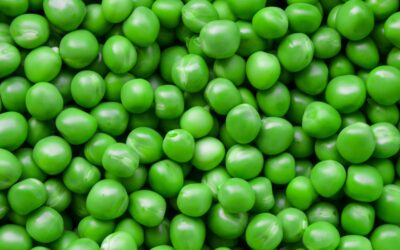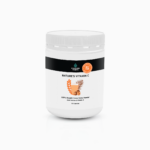Perth
researchers have linked attention-deficit hyperactivity disorder with
“western-style” diets in teenage sufferers. Hello since when is this
new information!!!!
Perth researchers have linked attention-deficit hyperactivity disorder with “western-style” diets in teenage sufferers.
The Telethon Institute for Child Health and Research study examined the
diets of 1800 adolescents, categorising them as either eating a healthy
mix of fruit, vegetables, whole grains and fish or the “western-style”
highly-processed, fried and take-away foods.
The report found those on a “western” dietary pattern may be eating more
food additives, flavours or colours, which could lead to hyperactivity
or changes to chemicals that control parts of the brain dealing with
attention and concentration.
But the Institute’s leader of nutrition studies, Associate Professor
Wendy Oddy, said the type of study undertaken meant researchers couldn’t
be sure if “poor diet leads to ADHD or whether ADHD leads to poor
dietary choices and cravings”.
They spoke to teenagers involved in the Raine Study, which assessed
pregnant women in 1989 and collected information about their children as
they grew up.
The findings, which will be published in the Journal of Attention
Disorders and is currently online, showed teenagers who lived on a diet
of highly-processed foods more than doubled their risk of being
diagnosed with ADHD compared to healthy eaters.
“We looked at the dietary patterns amongst the adolescents and compared
the diet information against whether or not the adolescent had received a
diagnosis of ADHD by the age of 14 years,” Dr Oddy said.
Parents were asked if their child had ever been diagnosed with the
disorder by a qualified health professional and then research assistants
checked a diagnosis had been made. Overall 115 teenagers from the group
had ADHD.
Researchers took into account variables such as the family’s financial
situation, whether the mother smoked while pregnant and the amount of
food the teenagers ate and the exercise they did.
The study backed up previous research that found boys had a higher
chance of developing the disorder and those who exercised at least twice
a week decreased the odds of an ADHD diagnosis.
“When we looked at specific foods, having an ADHD diagnosis was
associated with a diet high in takeaway foods, processed meats, red
meat, high fat dairy products and confectionary,” she said.
“We suggest that a Western dietary pattern may indicate the adolescent
has a less optimal fatty acid profile, whereas a diet higher in omega-3
fatty acids is thought to hold benefits for mental health and optimal
brain function.”
The possible absence of “micronutrients” in the western diet could
result in “suboptimal” brain function in teenagers, the report states.
It went on to say that adolescent ADHD sufferers were predisposed to choose unhealthy foods to snack on.
Dr Oddy said while this study suggests that diet may be implicated in
ADHD, more research is needed to determine the nature of the
relationship.
Source:Katherine Fenech 30 July watoday.com.au
http://www.smh.com.au/wa-news/junk-food-link-to-adhd-in-children-20100729-10xjc.html







0 Comments